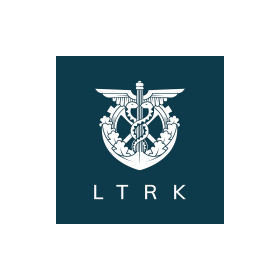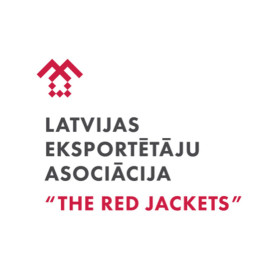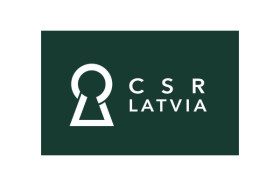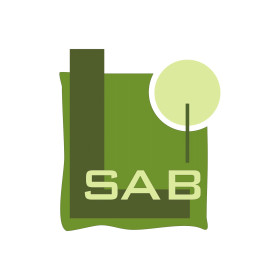Laflora conducts research in collaboration with Latvian universities and scientists and participates in international projects related to the company’s long-term sustainability plans.
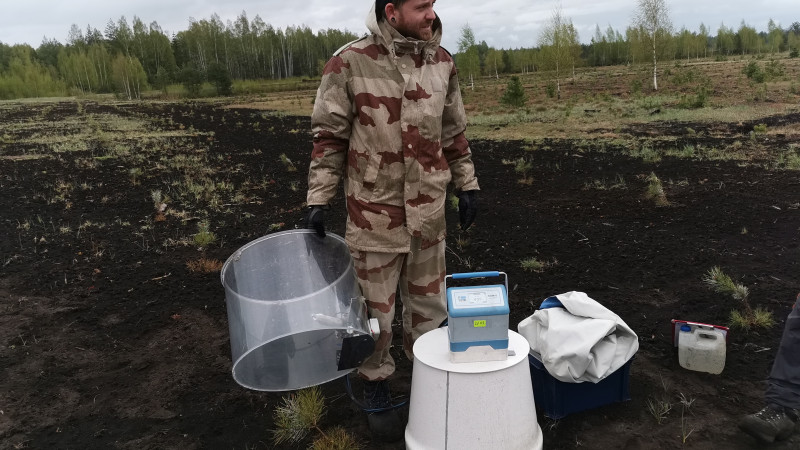
Sustainability
Research
Innovative Peat Products
Research on introducing new peat substrates and products
Collaborating with Riga Technical University on research for developing and introducing new, innovative products into production that meet sustainability criteria, such as peat-based insulation materials.
Conducting experimental research on various gardening substrates using additives like wood fiber, straw, sphagnum moss, and compost to provide substrates that align with the EU Green Deal requirements. This research is conducted in collaboration with the Latvian University of Life Sciences and Technologies, the Lake and Bog Research Center, and the Plant Growers Association.
Environmental Impact
Peat Substrate Life Cycle Analysis (LCA)
In 2022, in collaboration with scientists from Riga Technical University, Laflora conducted a life cycle analysis of peat substrate and research demonstrating that the overall environmental impact of using peat substrate in horticulture is significantly lower—up to seven times—than that of commonly used alternatives in the EU, such as mineral wool and coconut fiber substrates. The scientific publication was published in one of the most influential journals in environmental sciences, the "Journal of Cleaner Production" (Vol. 378, 2022).
A full life cycle analysis has been conducted for product production (extraction, manufacturing, processing, and use) to assess greenhouse gas emissions generated and captured during extraction and product use, as well as the impact on climate, ecosystems, human health, and resources.
Recultivation
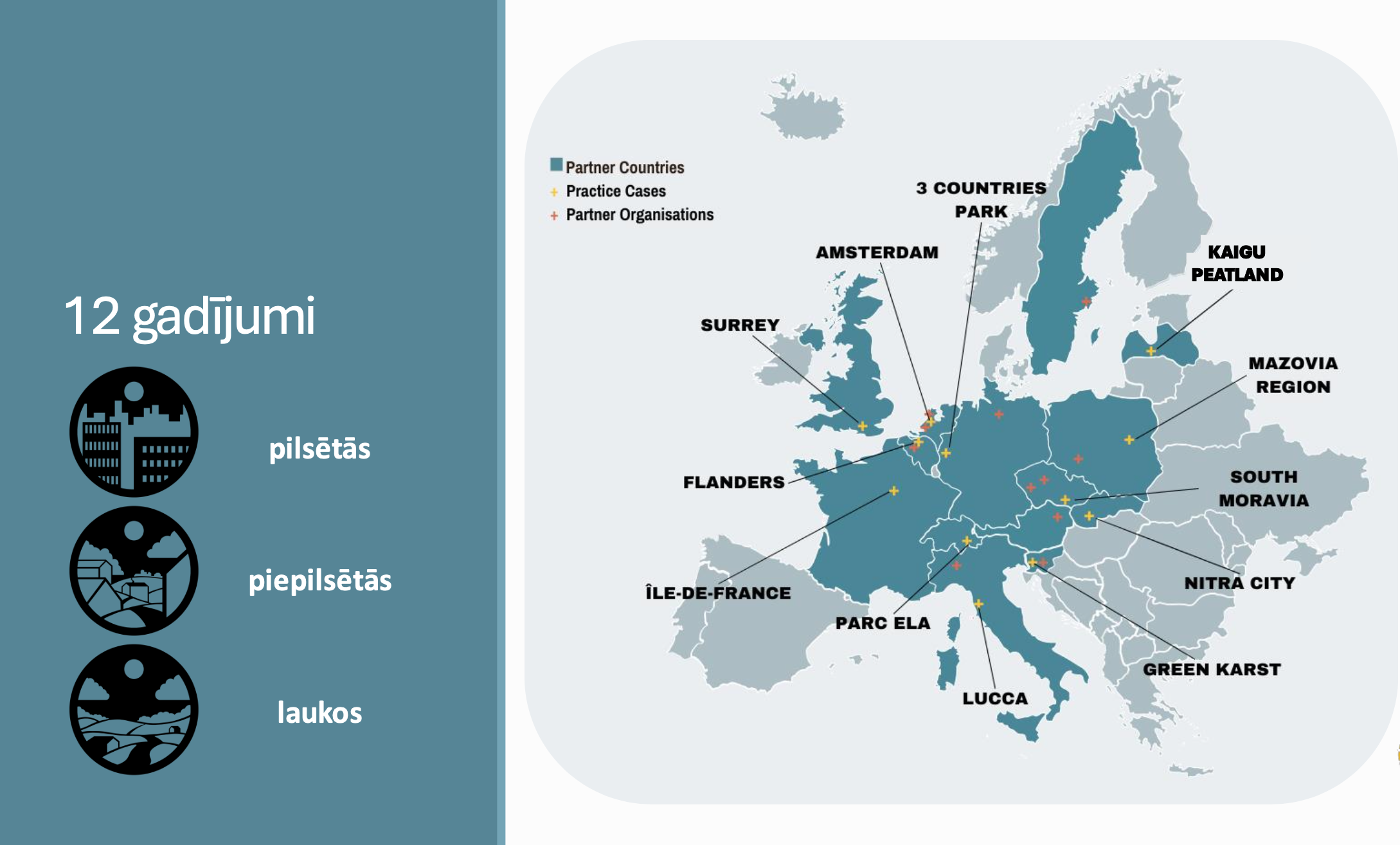
Project "PLUS Change": Planning land use strategies to achieve biodiversity, climate, and social goals
The Horizon program project aims to create land use strategies and decision-making processes that align with sustainability goals for climate, biodiversity, and human well-being. The main benefit for Laflora's participation in the project is the opportunity to work on land use strategies that promote long-term policy goals and implement land use strategies, as well as provide recommendations for changes in land use management systems.
The project involves 23 partners from 14 countries. Several workshops have been planned and held with stakeholders, including ministries, non-governmental organizations, and landowners. Visits and seminars at Kaigu Bog, the pilot area for this project in Latvia, are also planned.
The project is implemented in Latvia by SIA "Baltic Studies Centre" and will last until May 2027. Learn more.
Research on Paludiculture and Carbon Sequestration Projects
The plans for the wind park and green industrial zone at Kaigu Bog align with biodiversity restoration as a recultivation measure. Scientific research on vegetation and water monitoring has been conducted to implement paludiculture and carbon sequestration projects.
Experimental paludiculture plantings have also been carried out to understand their potential in recultivation.
This provides a basis for planning land use strategies with the highest possible returns.
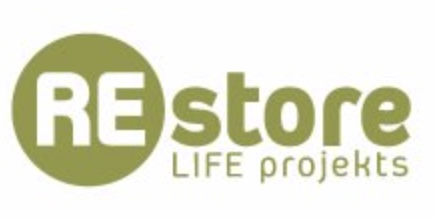
Project "LIFE REstore": Reclamation of former peat extraction fields
From 2015 to 2019, Laflora participated in the European Commission’s LIFE program project "LIFE REstore" implemented by the Nature Conservation Agency of Latvia. In Kaigu Bog, in collaboration with the Latvian State Forest Research Institute "Silava", a 10-hectare demonstration area for recultivation methods was established. This was the largest scientific study in Latvia's history on the most suitable tree species for afforestation and soil improvement with wood ash in former peat extraction fields.
It was found that pine plantations are the most effective recultivation method for former peat extraction fields from a climate perspective. The optimal amount of soil improvement with wood ash was also determined. Learn more.
Renewable Energy
Project "BioWIND": Improving public support for wind energy in EU regions through environment- and community-based planning
The main goal of the Interreg program project is to stimulate the development of wind energy in Europe’s regions. The project will support European regional authorities through experience exchange, policy learning, and examples of good practices to promote wind energy, considering climate, biodiversity aspects, and public opinion to protect biodiversity, overcome regulatory barriers, and ensure social acceptance.
The project involves 11 partners representing 8 countries. In Latvia, the project is implemented by the association "Baltic Coasts" and the Zemgale Planning Region. International working group meetings at Laflora are planned within the project. The working group visits will include not only international wind energy experts but also experts from the State Environmental Service of the Republic of Latvia, the Ministry of Environmental Protection and Regional Development, and several municipalities. The project will last until March 1, 2027. Learn more.
Project "GreenIndustrialAreas": Developing an international certification standard and tools to promote the energy transition in green industrial zones.
The Interreg program project aims to develop and implement a standard for certifying green industrial zones to enhance their focus on climate neutrality and widely implement innovations to reduce CO2 emissions in industrial zones.
Workshops and partner meetings have been held in Denmark, Poland, and Finland to share experiences with green industrial zone operations, developing certification criteria based on renewable energy resources and land use in synergy with the circular economy.
The project involves 10 partners from 7 countries, and in Latvia, its partners are the Ministry of Environmental Protection and Regional Development and the Zemgale Planning Region. Laflora participates in the project as a pilot area with the Kaigu Bog wind park and green industrial zone. The project will last until December 2025. Learn more.


